Dear Poetry Friends
JOHN KEATS 200 – NEW ONLINE LECTURE BOOKING FROM TODAY
In the face of never-ending challenges, Keats was fearlessly creative on the page. Dead at 25, his sonnets can stand alongside Shakespeare’s, his poems tread every inch of the meadow of the English language, his letters are the finest ever written in English, and the beauty of his lyrical gift has seldom been surpassed by anyone in any language. More on my Events Page at https://www.grahamfawcett.co.uk/event/keats200/
DUE FOR RELEASE ON 15 FEBRUARY 2021, KEATS 200 WILL BE MARKING THE BICENTENARY OF THE POET’S DEATH IN ROME ON 23 FEBRUARY 1821
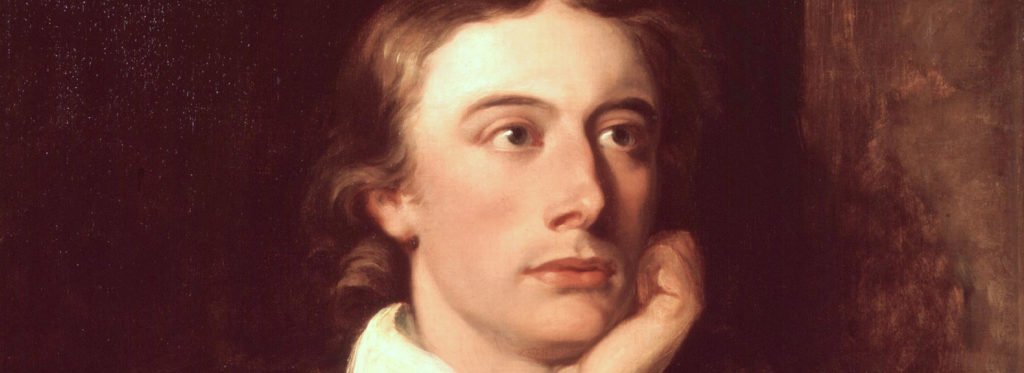
HOW TO WATCH AND LISTEN TO THE JOHN KEATS 200 LECTURE
As the lecture has been recorded, you need no special equipment to view it, other than a computer or laptop.
The lecture does not go out at a particular time, and Zoom is not involved. Instead, it is available on YouTube at one click, accessible to everyone who books for it. Book any time from now and you will be sent, from February 15 onwards, links to the lecture which offer you the choice of either watching it on YouTube or listening to it as a downloadable audio podcast.
As you will see from the Keats page, you do not need a PayPal account to book the lecture (£10), simply a debit or credit card which enables you to pass straight through the booking process as a Paypal guest. (Just click on the grey Pay By Debit Or Credit Card option bar at the foot of the first Paypal page).
THE 2021 POETRY CONCERTS SERIES
January 2021 saw the launch of a new series, Poetry Concerts, with Poetry Concert One (Clare, Hardy and Keats) which has been very well received already. This series will continue in March, and the programme for Poetry Concert Two will be announced on my website on March 1st. For more about the original idea of the poetry concerts and how they are put together, go to my Poetry Concert One page at https://www.grahamfawcett.co.uk/event/poetryconcert1jan2021-2/.
RECORDINGS IN THE 2020 AND 2021 ONLINE SERIES ALSO AVAILABLE NOW
For details of all of the recordings available from these two online series, see the bottom of this newsletter.
TELLING OTHERS
Do forward this newsletter to any friends and contacts who may be interested. If you would like to make someone a present of one of these talks, just let me have the contact details of the person you would like to receive it and then book your chosen talk in the usual way.
All best wishes
Graham
RECORDINGS IN THE 2021 SERIES AVAILABLE NOW
Poetry Concert One – January, Nature, Ghosts, La Belle Dame, The Eve of St Agnes
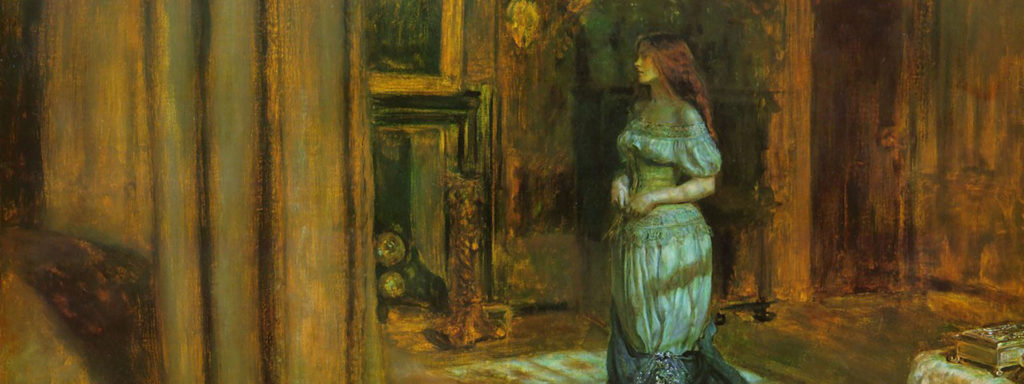
All my life I have been drawn to the shape, structure and content of symphony and chamber concerts, often presenting three or four works which have been put together in the same programme because of the connection or contrast between them. It has left me wanting somehow to re-programme with poems the whole idea of a music concert… More on Poetry Concert One at https://www.grahamfawcett.co.uk/event/poetryconcert1jan2021-2/
RECORDINGS IN THIS 2020 ONLINE SERIES AVAILABLE NOW
Shakespeare the Poet – Shakespeare’s long poems, sonnets, and aria-like moments in the plays

(Jeremy Harvey, at Shakespeare the Poet Night, Taunton, 6 October 2020)
To what extent did the author of the Sonnets feel he was writing poems in his plays as though momentarily staging a poetry recital of set pieces to hold an audience’s breath in mid-drama?
More on the Shakespeare the Poet lecture at https://www.grahamfawcett.co.uk/event/shakespeare-3/
W B Yeats, Ireland’s modern Orpheus of song, ballad, lyric and narrative – and a fount of energy for national renewal
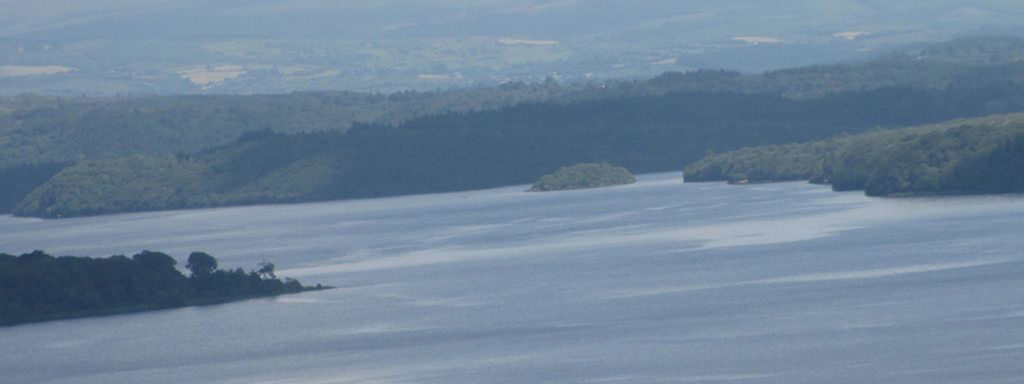
More on the Yeats lecture at https://www.grahamfawcett.co.uk/event/wbyeats
THOMAS HARDY Poet of virtuoso narratives on love, nature, the human journey, and how to handle the present
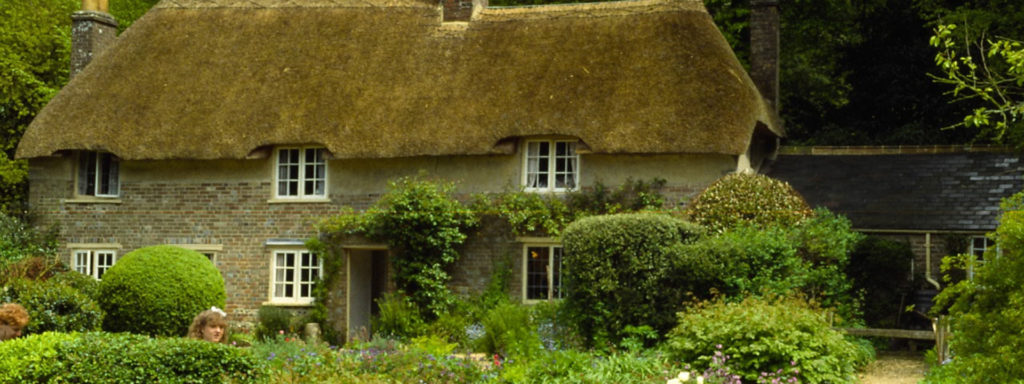
Famed, filmed and widely read for his novels, Thomas Hardy was actually always a poet who happened to write novels too. He started out as one as a young man, and then, in 1895, the second most important date in Hardy’s life for him and for us (1912 being the first) when the critics turned against him for Jude The Obscure, he turned their hostile energy to gold by putting up the shutters as a novelist and returning to poetry, his first love. . . .
More on the Hardy lecture at https://www.grahamfawcett.co.uk/event/thomas-hardy
JOHN DONNE Supreme Metaphysical poet of love, adventure, reason, belief
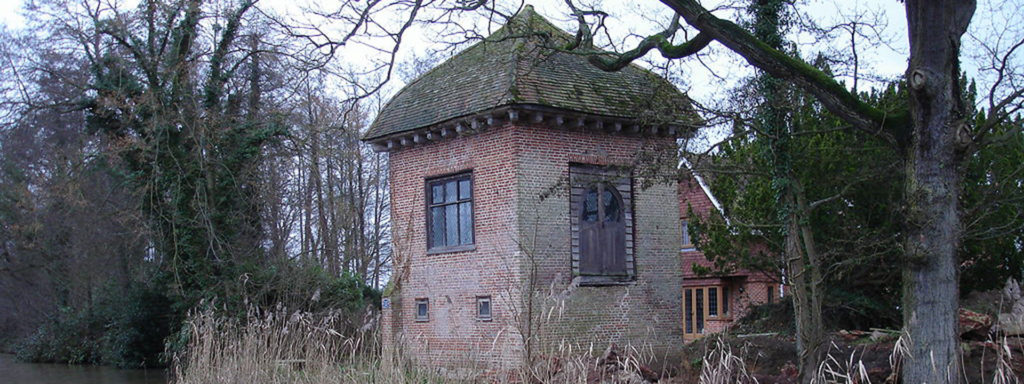
Caroline Maldonado, London (2021)
Online version
Donne’s ‘No man is an island’ challenges our fantasies of separateness, and his advice to “Be thine own palace, or the world’s thy jail” has lost none of its thwack. His exciting fearlessness of invention electrifies the journey. Donne the rebel Elizabethan who re-made poetry, did it his way then, and is, to this day, cool. More on the Donne lecture at https://www.grahamfawcett.co.uk/event/johndonne-metaphysical-love-poet-2/
SAMUEL TAYLOR COLERIDGE Romantic and fantastic poet of the imagination
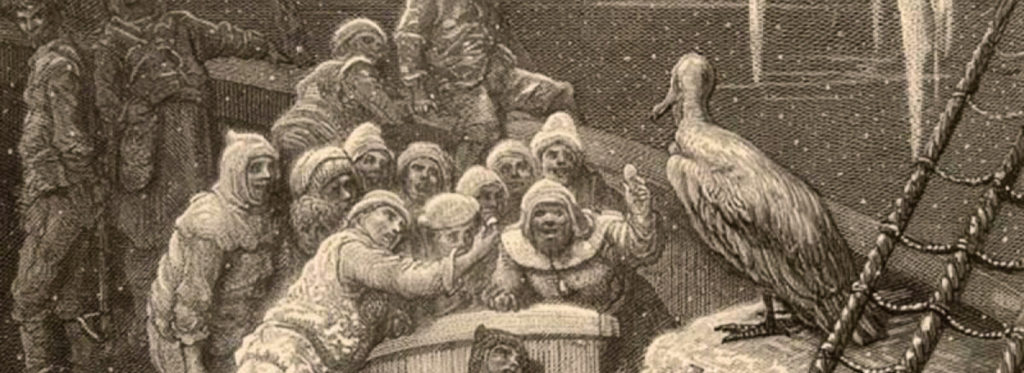
Ruth Valentine, London (2021)
Online version
Coleridge was a magician of the word, an irresistible poet of nature and imagination, a wildly inventive writer . . . To meet the Ancient Mariner, old man and poem, at school is never to forget either.
More on the Coleridge lecture at https://www.grahamfawcett.co.uk/event/coleridge-romantic-poetry-mariner-2
D H LAWRENCE, POET Poet of human and animal creatures, love, remembrance
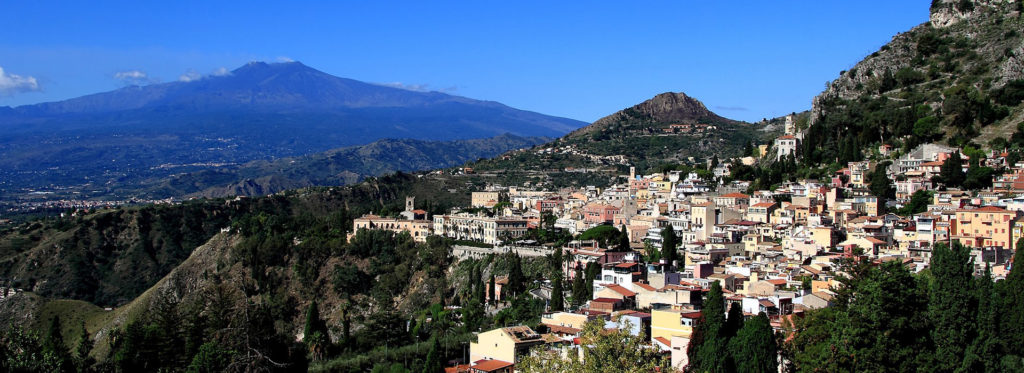
This talk is for all of you who read and love poetry, whether or not you have yet discovered D H Lawrence as a poet and not only as the author of Sons and Lovers, The Rainbow and other novels. . . More on the Lawrence lecture at https://www.grahamfawcett.co.uk/event/dhlawrence-2
WALT WHITMAN Pioneer poet of love, humanity, nature, America, epiphany
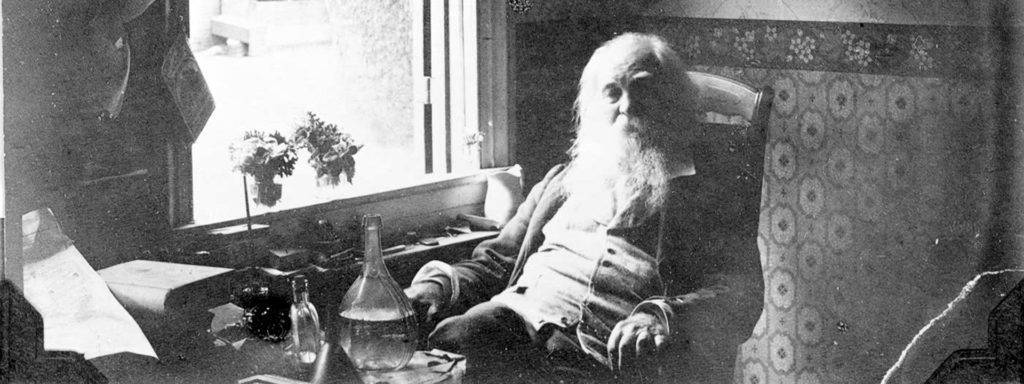
Readers and listeners love Whitman for his invigorating wisdom shedding light on our lives left, right and centre . . .
More on the Whitman lecture at https://www.grahamfawcett.co.uk/event/walt-whitman
WORDSWORTH Revolutionary Romantic poet of childhood, nature, memory

Wordsworth’s absolute devotion to his beloved Lake District is a luminous celebration of the vital spirit of place and how to express deep gratitude for belonging there. What is more, Wordsworth’s at-first-sight-formidable output is embraceable as we walk and climb, stop, look, listen, breathe and feel with him everywhere he goes. The Prelude is one of the most beautiful, engrossing, accomplished, sustained, expansive and invigorating poems in our, or any other, language. . .
More on the Wordsworth lecture at https://www.grahamfawcett.co.uk/event/williamwordsworth
EDWARD THOMAS Poet of Adlestrop, nature and the War
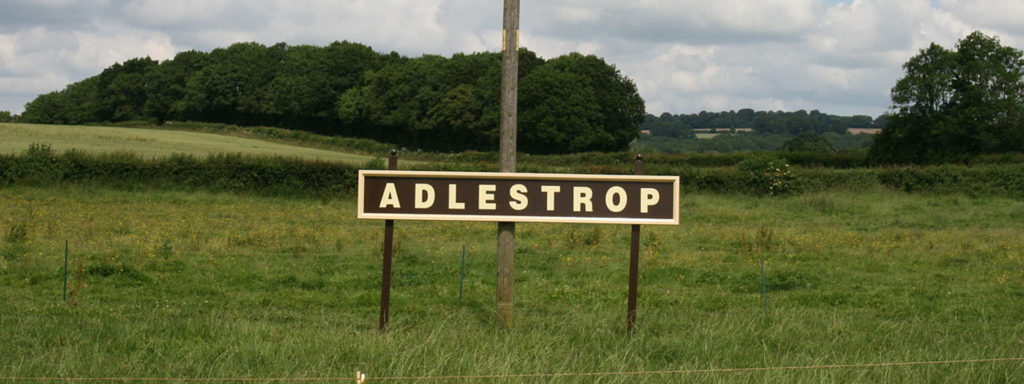
Walter de la Mare said Thomas’s aim had been “to express the truth about himself and his reality”. This throws light on how poetry suddenly surfaced in him: it was there all the time. . .
More on the Edward Thomas lecture at https://www.grahamfawcett.co.uk/event/edwardthomas
POETRY IS COMMUNICATION Poems that connect with us
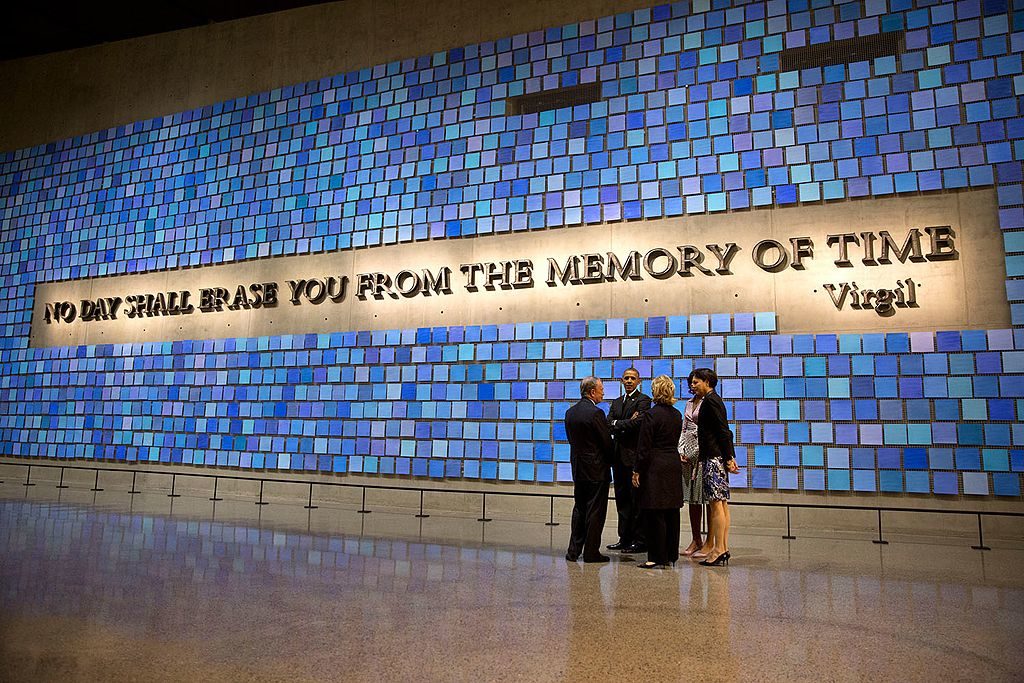
Graham invites his audience to live and re-live their own personal relationship with all the poetry they have ever read and listened to since they were old enough to find pleasure and meaning in it, even as though for the first time. More on the Poetry Is Communication lecture at https://www.grahamfawcett.co.uk/event/poetryiscommunication
Critiquing your work
Graham has more than twenty years’ experience in reading and commenting on poetry submitted to him, from a handful of poems to advising on the compilation of a first collection. Write to him at [email protected] if you would be interested in exploring this kind of help for your own work.
IMAGES (from the top down)
Posthumous portrait of John Keats by William Hilton (National Portrait Gallery, London)
John Everett Millais, Madeleine undressing – Eve of St Agnes.
Unknown artist, The Cobbe Portrait of William Shakespeare, painting, claimed to be a portrait of William Shakespeare done while he was still alive. Possibly photographed by Oli Scarff. Collection: National Trust, Hatchlands Park, near Guildford, Surrey.
Lake Isle of Innisfree, Lough Gill, County Sligo, Ireland (photo by Robin Pollard)
The secluded Hardy birthplace cottage at Higher Bockhampton near Dorchester in Dorset, built by Thomas Hardy’s great-grandfather in 1800, has been little altered externally. (Photograph by Peter Broster).
John Donne and his wife lived (1600-1604) in this Elizabethan summer house on the River Wey at Pyrford, Surrey – photograph by Suzanne Knights
Engraving by Gustave Doré for an 1876 edition of Coleridge’s Rime of the Ancient Mariner. Labelled “The Albatross,” it captures the moment in the poem when Coleridge writes of the albatross that
“In mist or cloud, on mast or shroud,
It perched for vespers nine;
Whiles all the night, through fog-smoke white,
Glimmered the white Moon-shine.”
John Menard, Mt. Etna and Taormina as seen from the Ancient Theatre of Taormina – the town in Sicily where Lawrence was happiest writing poetry and wrote several of his greatest poems
Strobilomyces, Dove Cottage – home of William Wordsworth (near Grasmere) from 1799 to 1808
John Mann, Adlestrop Replica station sign in field
National September 11 Memorial Museum, New York City
